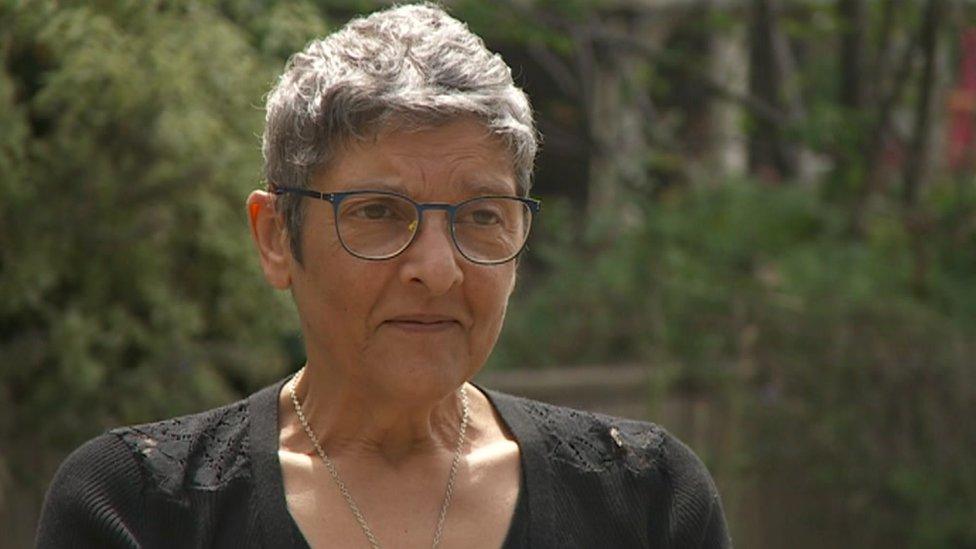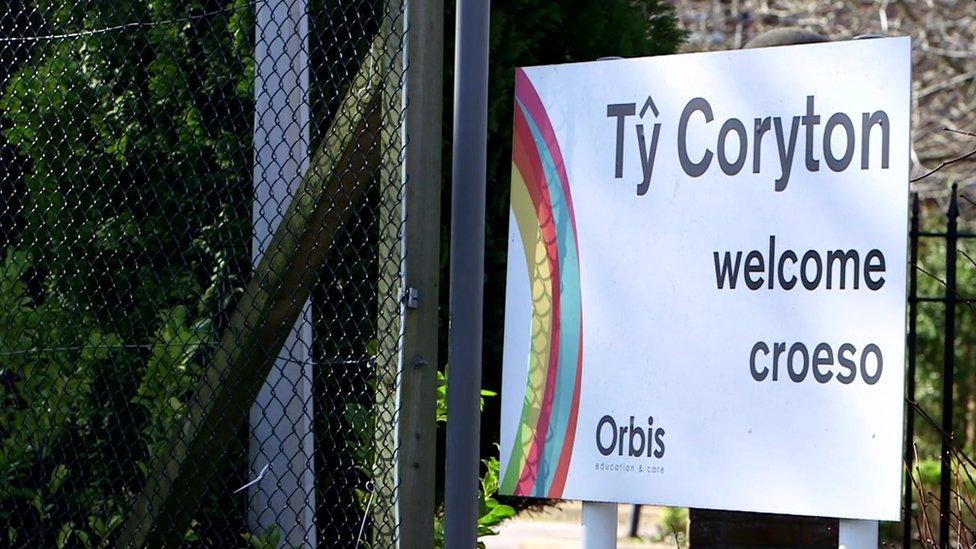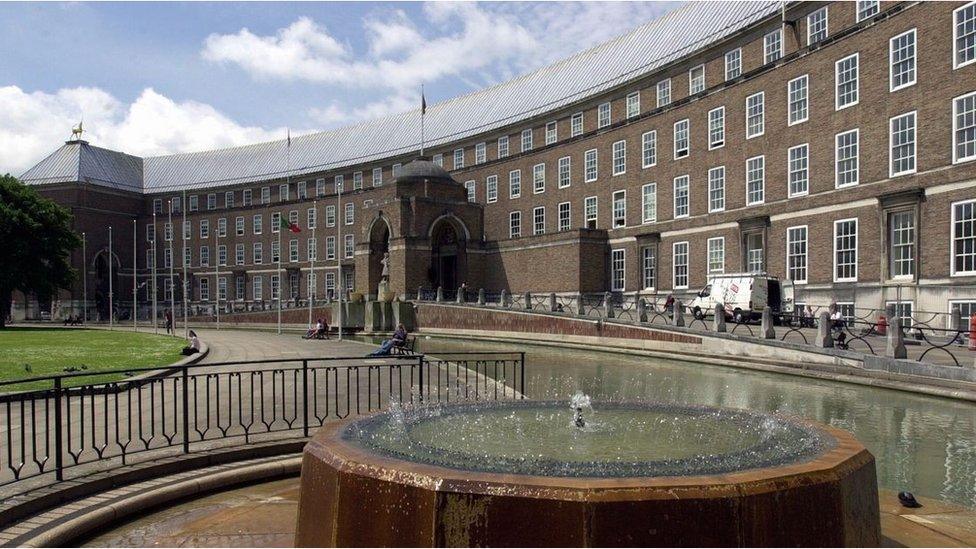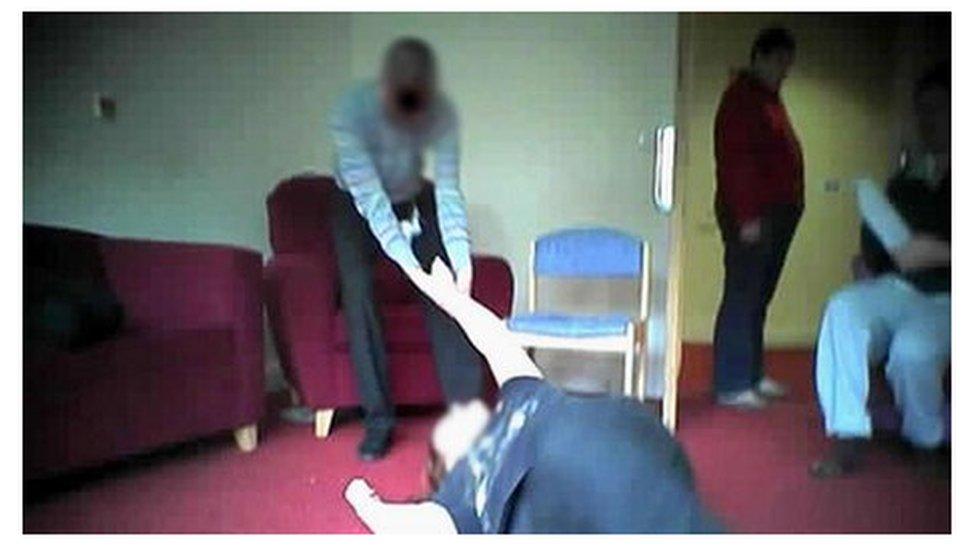Autistic people in Bristol victim of 'institutional failings'
- Published

Sir Stephen Bubb's report was critical of services for autistic people in Bristol
People with autism and learning difficulties have been subjected to "institutional failings" and "inappropriate care", a report says.
Charity boss Sir Stephen Bubb's report focused on three families in Bristol where there had been failings in support or provision.
He said Bristol could no longer claim to be an "autism-friendly city".
Avon and Wiltshire Mental Health Partnership said it "fully accepted" the report's findings.
The partnership also includes Bristol City Council and Avon and Somerset Police.
Sir Stephen, director of the Oxford Institute of Charity, said the city council's autism strategy was under review and all of the agencies involved in the report had accepted his findings.
He said families should have more of a say in what happens to their loved ones, and found there was insufficient training for police officers about dealing with autistic people.
Sarah Jones, clinical director for specialised services at Avon and Wiltshire Mental Health Partnership (AWP) NHS Trust, said: "We are committed to working with the Keeping Bristol Safe Partnership Board to play our part in improving the lives of people living with autism."
Hugh Evans, executive director for the people directorate at Bristol City Council, said there was "very diligent work going on in the education sphere to improve our game and to try and do better".
Avon and Somerset Police said it had carried out "a significant amount of work" since the report was compiled.

Gabby Guilespie said her son Luke was jailed amid calls to help him
'He did not get the rehabilitation he needed'
Gabby Guilespie, who's son Luke, 33, has learning difficulties and brain damage, says she has no confidence the system will change after her son was repeatedly failed.
Luke, whose case was looked at as part of the report, was 13 when he was in a stolen car which crashed leaving him in a coma for two weeks.
However, after two months in hospital, instead of being sent to a brain injury rehabilitation unit he was transferred to a young offenders institute.
"That was the first failure because then it went to one young offenders, to another... and that was horrendous for him because he did not get the rehabilitation he needed", said Ms Guilespie.
After repeated stints in prison Luke's family were told by professionals that he should not be jailed again.
However, Luke is currently in prison for robbery, despite his family's plea to local crisis team for a mental health bed just months before.
"If they'd had given him the help he needed he wouldn't have deteriorated to the point where he is in prison today," she added.

Follow BBC West on Facebook, external, Twitter, external and Instagram, external. Send your story ideas to: bristol@bbc.co.uk , external
Related topics
- Published9 June 2021

- Published7 January 2021

- Published22 February 2016
